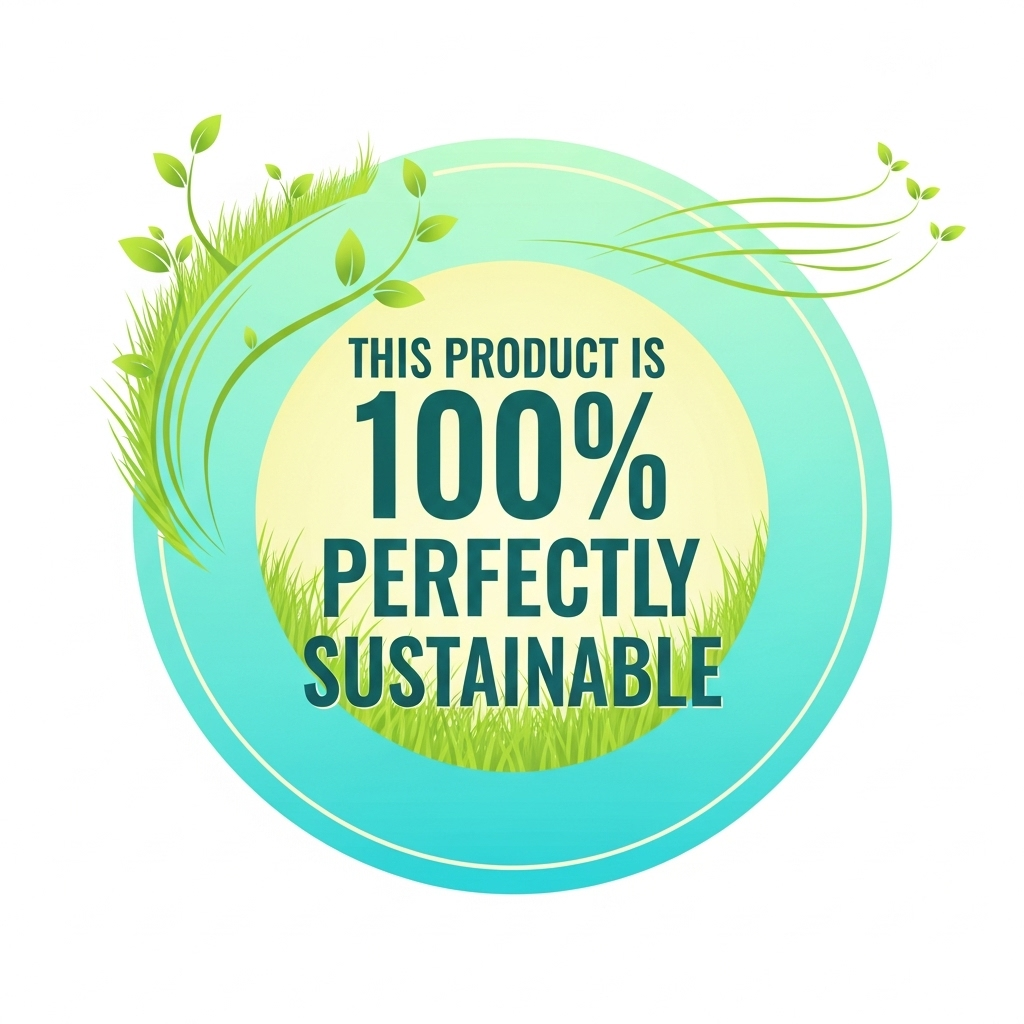456.
That’s the number of ecolabels worldwide, according to ecolabelindex.com. And more are added every year. As far as I am concerned, that says three things. First: sustainability is commercially attractive in brand or product positioning. Second: brands and products are actually becoming more sustainable. And third: the maturity of eco-labels will have to increase. And that is badly needed.
Within those 456 eco-labels we find consumer-oriented labels such as MSC, ASC, Fairtrade and the EU Ecolabel. But there are also broader certifications among them, such as ISO standards or energy labels for buildings. Each type of label has its own function, a function that sometimes overshoots itself.
Ecolabels, by the way, are only one type of environmental claim. In fact, companies make much broader sustainability claims: from ‘CO2 neutral’ to ‘100% recyclable’ and from ‘plastic-free’ to ‘climate-positive’. All these expressions fall under the heading of “green claims.

Losing the overview
A major disadvantage of this abundance of labels ánd claims is that consumers lose track. For coffee, for example, there are already at least fifteen common labels. For wild caught and farmed fish there are now more than ten. The result: confusion and declining confidence, even in labels that have been around for years and are well-substantiated.
Green Claims legislation
Precisely because the problem is much broader than just eco-labels, the EU is tackling it bigger with the Green Claims Directive. This legislation deals with all environmental claims made by both products and companies. Think: “Made from 30% recycled plastic” or “Our carbon footprint has been reduced by 20% since 2015.
According to EU research:
- 53% of environmental claims vague or even misleading
- 40% of claims not substantiated
- 50% of ecolabels weak or without verification system
Add to that the rapid proliferation of labels, and the urgency becomes clear. The Green Claims Directive will soon require companies to substantiate all environmental claims, have them externally verified, and use only approved labels. The proposal is now in the final negotiation phase in Brussels and is expected to be definitively adopted after the summer. This will be followed by implementation in national legislation, with entry into force around 2027.
Concrete example
What will soon be forbidden is a claim like, “This plaice was caught sustainably. Why not? Because ‘sustainably caught’ is a vague, undefined term. No proof is provided or reference is made to a certificate or scientific source. Nor is it clear what is meant by ‘sustainable’: less bycatch? Less fuel consumption? Fishing outside protected areas? Moreover, verification by an independent party is lacking. Under the new directive, such a claim counts as misleading.
What is allowed is something like, “This plaice is MSC-certified, caught using a twinrig trawl with a mesh size larger than 100 mm, in the North Sea. The fishery meets the sustainability criteria of the Marine Stewardship Council. Certificate number: MSC-F-31446.’ This example nicely demonstrates how a recognized eco-label (MSC) can be part of a correct green claim.
Why this does make sense? It is concrete, traceable (fishing method, location, certification organization), based on a recognized and independent label, and refers to specific sustainability criteria such as ecosystem protection and good management. Transparency is also provided via the certificate number or a QR code.
Preparation is wise
Should we now wait until the new law is in place before taking action? No, of course not. Preparing for the new EU directive is wise, but it is just as important to comply with current regulations.
For example, the Consumer & Market Authority (ACM) is conducting a campaign targeting the food industry in 2025. In April, industry associations received a letter about this, in which the ACM points out that enforcement will take place if there is consumer deception. In that context, the ACM refers to its Guideline on Sustainability Claims, a handy tool to work with right now.
I can imagine that after reading this column you are thinking, “So let’s not make any more sustainable claims for a while. That would be a shame and also a missed opportunity. Because about half of consumers still prefer sustainable products. While that percentage is declining, mainly due to distrust in the reliability of claims, the new EU legislation and the active role of the ACM will help restore trust. And when that happens, you want to be at the forefront.
